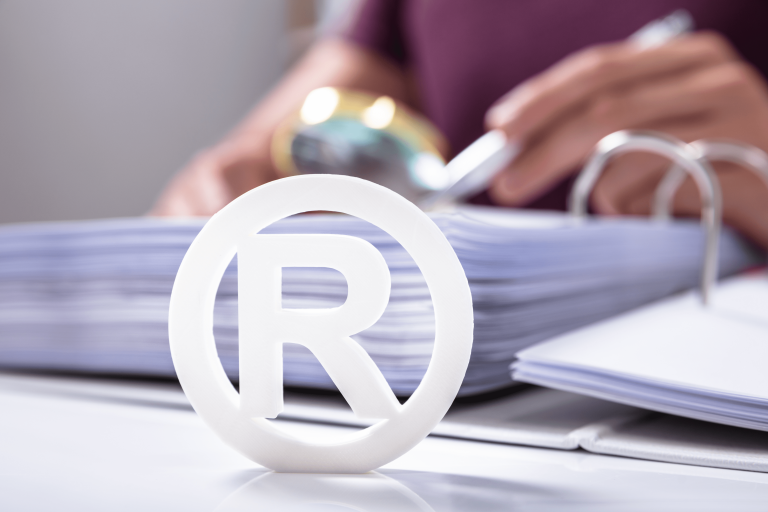The name of a business can be one of its most important assets. Successful global brands like McDonald’s, Nike, Adidas, Gucci, and Ferrari can be instantly recognized anywhere in the world due to the strength associated with each brand.
Can another company use your business name? Read on to find out.
Business Name vs. Trademark – Understanding the Difference
The United States Patent and Trademark Office (USPTO) defines the concept of a trademark as “any word, phrase, symbol, design, or a combination of these things that identifies your goods or services.”
In essence, a trademark allows customers to recognize the source of goods or services in the marketplace and distinguish one company from another. While a business name can be a trademark, not all trademarks are business names.
Trademark rights come from their use in business, as they are protected legally without registration. However, it is essential to register a trademark for superior protection in case of infringement or ownership disputes.
Can Another Company Use My Business Name?
Discovering the fact that another company is using one’s business name can be a distressing experience, especially considering the time and effort required to build goodwill and establish a customer base to guarantee the business’s survival.
However, it may not necessarily indicate infringement depending on the circumstances of the case.
Generally, trademark infringement does not occur if the goods or services associated with the companies do not compete with each other and are not distributed within the same geographic scope.
One of the primary elements to justify the existence of a trademark is to prevent consumer confusion. For example, if there are two restaurants with the same name and logo located on the same street, customers will have a hard time figuring out the source of the goods and services of each business.
In such a case, a fine restaurant with solid customer experience could lose clients to an identically named restaurant serving low-quality food.
On the other hand, if the goods or services provided by the identically named companies are not related and the customers are not likely to get confused in the process, the two businesses can coexist while bearing the same name.
Having a federally registered trademark is irrelevant in such cases, as both state and federal law only restricts the use of similar marks if there is a “likelihood of confusion.” As long as there is no risk of consumer confusion, both businesses can use the same name and coexist peacefully.
The best approach is to consult with an expert intellectual property attorney to identify whether there is a “likelihood of confusion” between the two business names and verify the existence of any damages as a result of the use of the same name.
Waste No Time with Uncertainty – Immediately Contact Attorney Romy B. Jurado
Finding the best strategy for protecting intellectual property requires a superior level of legal expertise. Contact Attorney Romy B. Jurado today by calling (305) 921-0976 or emailing [email protected] to schedule a consultation.






